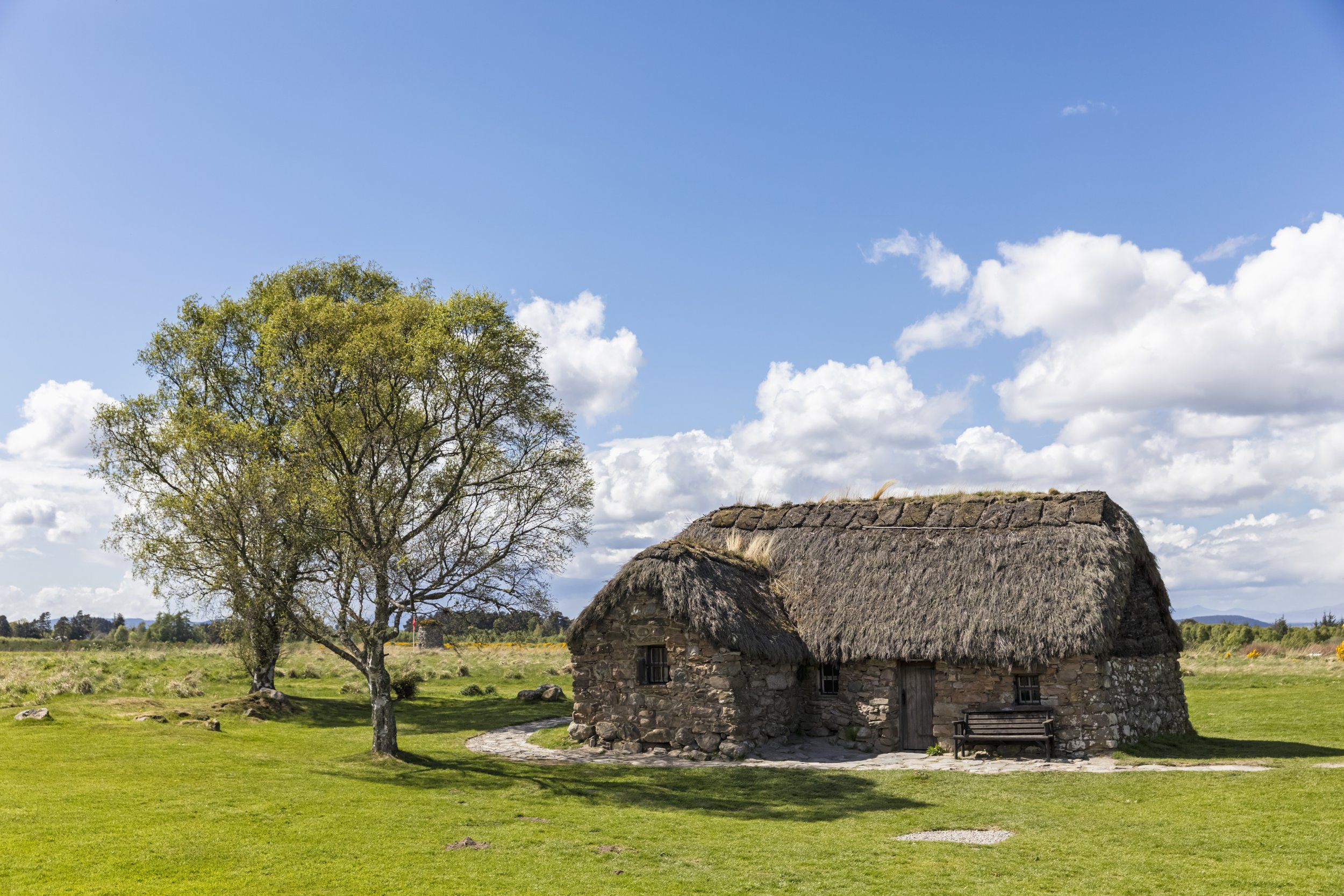The Battle of Culloden: A Defining Moment in Scottish History
The Battle of Culloden is one of the most significant events in Scottish history. It was fought on 16th April 1746 on the moor of Culloden, near Inverness, in the Scottish Highlands. The battle marked the end of the Jacobite Rising, a period of Scottish history characterized by political unrest and rebellion against the British government. In this blog post, we will explore the history and significance of the Battle of Culloden, and its impact on Scotland and the United Kingdom.
Background
The Battle of Culloden was fought between the British government army, led by the Duke of Cumberland, and the Jacobite army, led by Charles Edward Stuart, also known as Bonnie Prince Charlie. The Jacobites were a group of Scottish rebels who wanted to restore the Stuart monarchy to the British throne. They believed that Charles Edward Stuart was the rightful heir to the throne, and they fought to overthrow the Hanoverian government.
The Jacobites had some early successes in their campaign, winning several battles against the British government army. However, their fortunes began to turn, and they suffered a significant defeat at the Battle of Falkirk Muir in 1746. The Jacobites were forced to retreat to the Highlands, where they made a final stand at the Battle of Culloden.
The Battle
The Battle of Culloden was a short but brutal conflict. The Jacobite army was outnumbered and outgunned by the British government army, which had superior weaponry and training. The Jacobites were also hampered by poor communication and a lack of supplies, and they were forced to fight on an open moor, where they were vulnerable to the British government army's artillery.
The battle began with an artillery barrage from the British government army, which caused significant casualties among the Jacobites. The Jacobites then charged the British government army with their traditional weapons, including swords and muskets. However, they were unable to break through the British government army's lines, and they suffered heavy losses.
The battle lasted less than an hour, and the Jacobites were decisively defeated. Many of the surviving Jacobites were hunted down and killed in the days following the battle, and the rebellion was effectively over.
The Impact
The Battle of Culloden had a significant impact on Scottish history and culture. It marked the end of the Jacobite Rising and the beginning of a period of repression and persecution against the Scottish people. The British government passed a series of laws that banned the wearing of traditional Highland dress, the playing of bagpipes, and the speaking of Gaelic. The Scottish people were also subject to harsh penalties if they were found to be involved in any activities that were deemed to be seditious.
The Battle of Culloden also had a significant impact on the Scottish landscape. The moor of Culloden became a site of pilgrimage for Scottish nationalists, who saw it as a symbol of the fight for Scottish independence. The battlefield was eventually preserved by the National Trust for Scotland, and it is now a popular tourist attraction.
The Battle of Culloden also had a significant impact on the United Kingdom as a whole. The rebellion had been a threat to the stability of the British government, and the defeat of the Jacobites was seen as a victory for the rule of law and the Hanoverian monarchy. The British government was able to use the rebellion as a justification for increased control over Scotland, which ultimately led to the Act of Union between Scotland and England in 1707.
In Conclusion
The Battle of Culloden was a significant event in Scottish history, marking the end of the Jacobite Rising and the beginning of a period of repression and persecution against the Scottish people. The battle had a significant impact on Scottish culture, landscape, and politics, and it continues to be remembered and commemorated today. The battlefield at Culloden is a powerful reminder of the sacrifices made by the Jacobites and the impact of the battle on Scottish history.
Despite the defeat of the Jacobites at Culloden, their legacy lives on. The rebellion and the battle have become an important part of Scottish history and culture, and they continue to inspire Scottish nationalists and those who seek greater autonomy for Scotland. The Battle of Culloden is also a reminder of the importance of political and cultural identity, and the impact that these identities can have on the course of history.
In conclusion, the Battle of Culloden was a defining moment in Scottish history, marking the end of the Jacobite Rising and the beginning of a period of repression and persecution against the Scottish people. The battle had a profound impact on Scottish culture, landscape, and politics, and it continues to be remembered and commemorated today. The battlefield at Culloden is a powerful reminder of the sacrifices made by the Jacobites and the impact of the battle on Scottish history.


